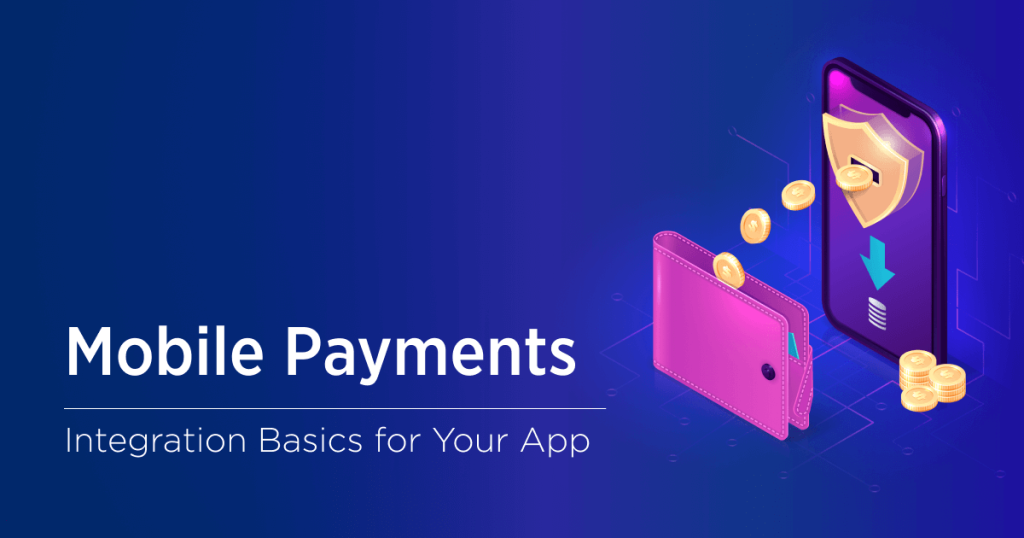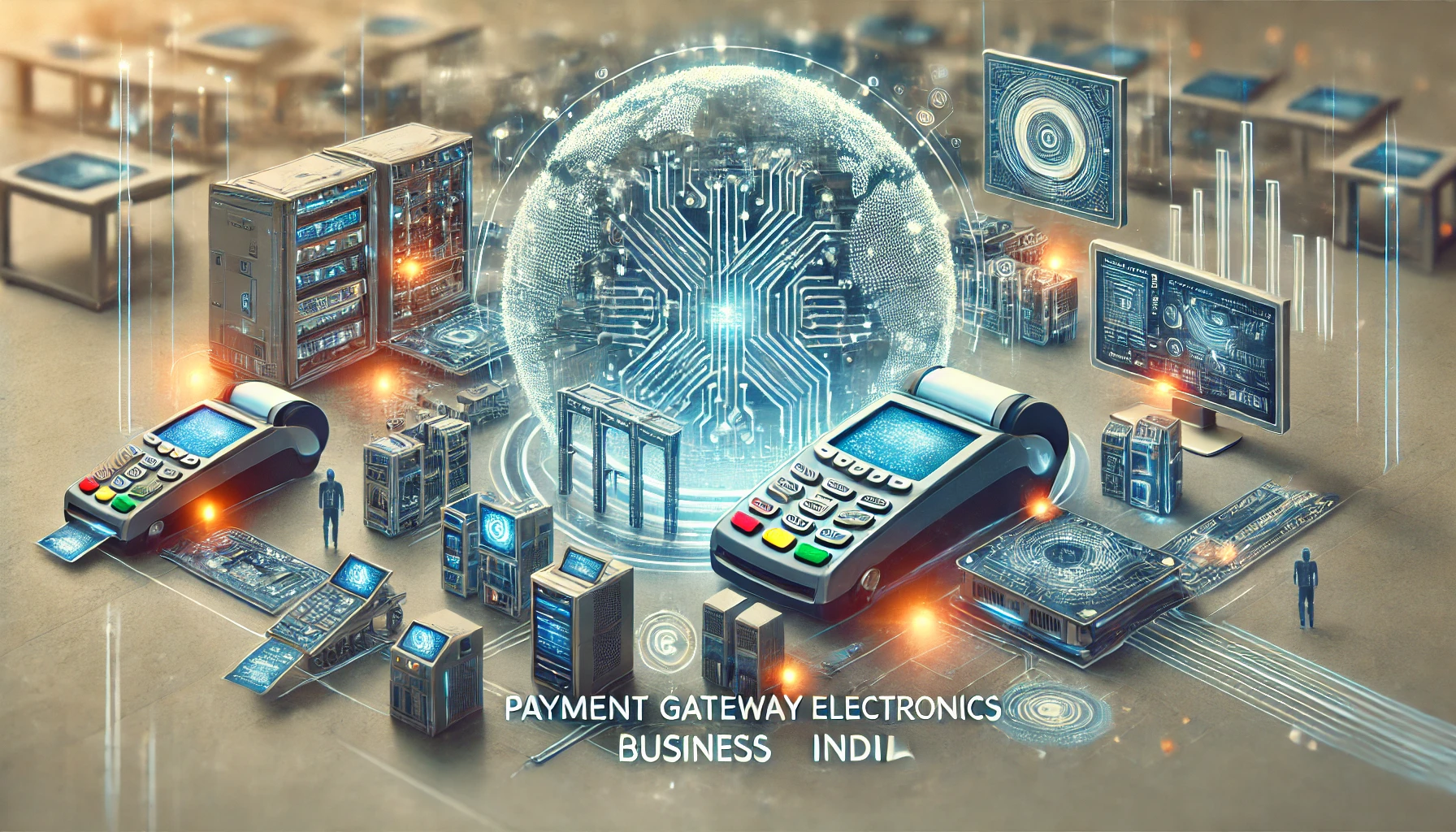Author: shin hari
Introduction to Payment Gateways
What Is a Payment Gateway?
A payment gateway is an online tool that facilitates electronic transactions between customers and merchants. It securely authorizes credit card, debit card, UPI, and other digital payments, ensuring a smooth and hassle-free checkout process. Think of it as the middleman that ensures the money reaches the seller’s account securely and quickly. For e-commerce businesses, especially in the electronics industry, a payment gateway[1] is indispensable.
Importance of Payment Gateways in E-Commerce
In the dynamic world of e-commerce, payment gateways form the backbone of online transactions[2]. A reliable gateway allows businesses to provide a seamless buying experience. This is especially crucial in the electronics sector, where customers often purchase high-value products like smartphones, laptops, or home appliances. If the payment process is complicated or prone to errors, businesses risk losing customer trust and revenue.
Importance of Mobile Payment Integration

Growing Dependence on Mobile Transactions
India is witnessing a mobile revolution. With smartphones becoming the primary device for accessing the internet, mobile payment solutions like UPI apps, mobile wallets, and QR codes have become indispensable. Electronics businesses[3] that integrate mobile-friendly payment solutions cater to a larger customer base and drive higher conversions.
One-Click Payments for Better Conversion Rates
Mobile payments often come with one-click or saved card features, reducing friction during checkout. This simplicity is crucial for electronics purchases, where customers might hesitate at lengthy payment processes.
In-App Payment Integration
For businesses offering mobile apps, in-app payment integration is a game-changer. It ensures customers complete transactions without redirecting to external browsers, resulting in higher engagement and conversions.
Growing Electronics Business in India
Market Trends in the Electronics Industry
India’s electronics industry has experienced remarkable expansion over the past ten years. With a young and tech-savvy population, increasing internet penetration, and growing disposable income, the demand for gadgets such as smartphones, laptops, and wearables has skyrocketed. Additionally, government initiatives like “Digital India” and “Make in India” have fueled the growth of local manufacturing and online retail.
The Role of Digital Payments in Driving Growth
Digital payment systems have played a critical role in this expansion. With customers increasingly preferring cashless transactions, businesses need robust payment systems to cater to these demands. Unified Payments Interface (UPI) transactions alone have seen unprecedented growth, highlighting the shift towards digital-first solutions in India’s electronics sector.
Why Electronics Businesses Need a Reliable Payment Gateway
Enhancing Customer Experience
Imagine a customer purchasing a high-end smartphone online, but the payment page crashes mid-transaction. That’s a recipe for disaster. A reliable payment gateway ensures transactions are smooth, fast, and secure, creating a positive impression and enhancing customer loyalty.
Managing High-Value Transactions
The electronics industry deals with high-value products. Payment gateways must handle such transactions securely, ensuring customer trust and reducing fraud risks. Advanced encryption and authentication methods, such as OTP (One-Time Passwords), are critical in building this trust.
Enabling Multi-Currency Payments for Global Sales
Many Indian electronics businesses are expanding their reach globally. A payment gateway supporting multi-currency transactions helps businesses cater to international customers, increasing their sales potential.
Features to Look for in a Payment Gateway
Security and Fraud Prevention
For any business, especially one dealing with expensive products, security is paramount. Payment gateways must comply with PCI DSS (Payment Card Industry Data Security Standard) and offer fraud detection mechanisms like two-factor authentication and encryption.
Speed and Performance
A slow or lagging payment gateway can lead to abandoned carts. Customers expect transactions to be processed within seconds, making speed a critical feature for any payment gateway.
Seamless Integration with E-Commerce Platforms
Whether you use Shopify, WooCommerce, or a custom-built website, your payment gateway should integrate seamlessly with your platform. This reduces technical issues and improves overall user experience.
Cost-Effectiveness and Transparent Pricing
Hidden charges and high transaction fees can eat into your profits. Choose a payment gateway with clear pricing structures and reasonable costs, especially for high-volume transactions.
Top Payment Gateways in India for Electronics Businesses

Razorpay
Razorpay stands out as one of the leading payment gateways in India. It provides diverse payment methods, including UPI, credit cards, net banking, and digital wallets. Its user-friendly dashboard and robust API make it a favorite among electronics businesses.

Paytm Payment Gateway
Paytm is a household name in India, and its payment gateway offers competitive pricing and excellent customer support. It’s particularly suitable for businesses looking to attract younger, tech-savvy customers.

Instamojo
This gateway is ideal for small and medium businesses. Its quick setup and easy-to-use interface make it perfect for startups in the electronics sector.

CCAvenue
With support for over 200 payment options[4] and extensive customization features, CCAvenue is a versatile choice for large-scale electronics businesses.

Cashfree Payments
Cashfree is known for its speed and simplicity. It offers features like instant refunds and auto-collection, making it a great option for electronics retailers.
Emerging Payment Methods Shaping the Future
Biometric Payments
Biometric authentication, such as fingerprint or facial recognition, is becoming a preferred payment method[5] for enhanced security. Payment gateways that support biometrics provide an additional layer of protection for high-value electronics transactions.
Cryptocurrency Payments
With cryptocurrencies like Bitcoin gaining popularity, many forward-thinking payment gateways are beginning to support these transactions. While still niche, cryptocurrency integration can attract tech-savvy customers and create new opportunities for electronics businesses.
Voice-Activated Payments
Voice-based payment solutions, powered by AI assistants like Alexa or Google Assistant, are making waves in the digital payment ecosystem. Though still in their early stages, these systems promise unparalleled convenience for future transactions.
Challenges Faced by Electronics Businesses with Payment Gateways
Technical Glitches
Even the best payment gateways can experience downtime. Businesses must have contingency plans to minimize disruptions during such instances.
Chargebacks and Refunds
Dealing with chargebacks can be a tedious process, especially in the electronics industry, where returns are common for defective or mismatched products.
Regulatory Compliance
Payment gateways must adhere to RBI regulations and international standards. Staying compliant requires constant updates and monitoring.
Future Outlook for Payment Gateways in India’s Electronics Sector
AI-Driven Personalization
Artificial intelligence is expected to play a significant role in customizing payment experiences. AI algorithms can analyze customer preferences and offer personalized payment options, enhancing satisfaction and boosting conversion rates.
Expansion of Open Banking
Open banking initiatives in India, driven by RBI regulations, are opening up new opportunities for payment gateways. These systems allow businesses to access customer financial data (with consent) to offer tailored financing options like EMI or credit at checkout.
Real-Time Payments via 5G Networks
As 5G networks roll out, real-time payment processing will become even faster and more reliable. This will reduce latency and improve the overall shopping experience for customers in the electronics sector.
Conclusion
For electronics businesses in India, a reliable payment gateway is more than just a convenience—it’s a necessity. From managing high-value transactions to ensuring global compatibility, the right payment gateway can elevate customer experience and boost sales. As technology advances and customer preferences evolve, staying ahead with innovative payment solutions is key to thriving in this competitive market.
FAQs
What additional features should I look for in a payment gateway?
Features like recurring payments, smart routing, analytics, and instant refunds add immense value to your business operations.
Is it necessary to offer multiple payment options?
Yes, offering diverse payment methods caters to different customer preferences and reduces cart abandonment.
How do payment gateways handle international transactions?
Most gateways support multi-currency payments and offer compliance with international regulations to facilitate cross-border transactions.
What role does AI play in modern payment gateways?
AI enhances fraud detection, speeds up payment processes, and personalizes payment experiences for customers.
Can small electronics businesses benefit from advanced payment gateways?
Absolutely! Many gateways offer scalable solutions, allowing small businesses to enjoy premium features without hefty costs.

